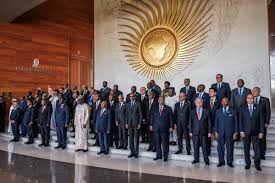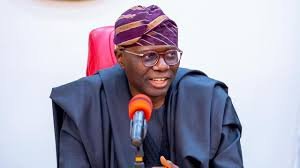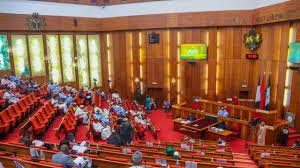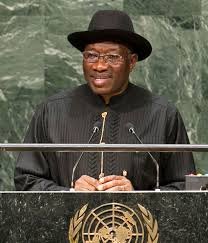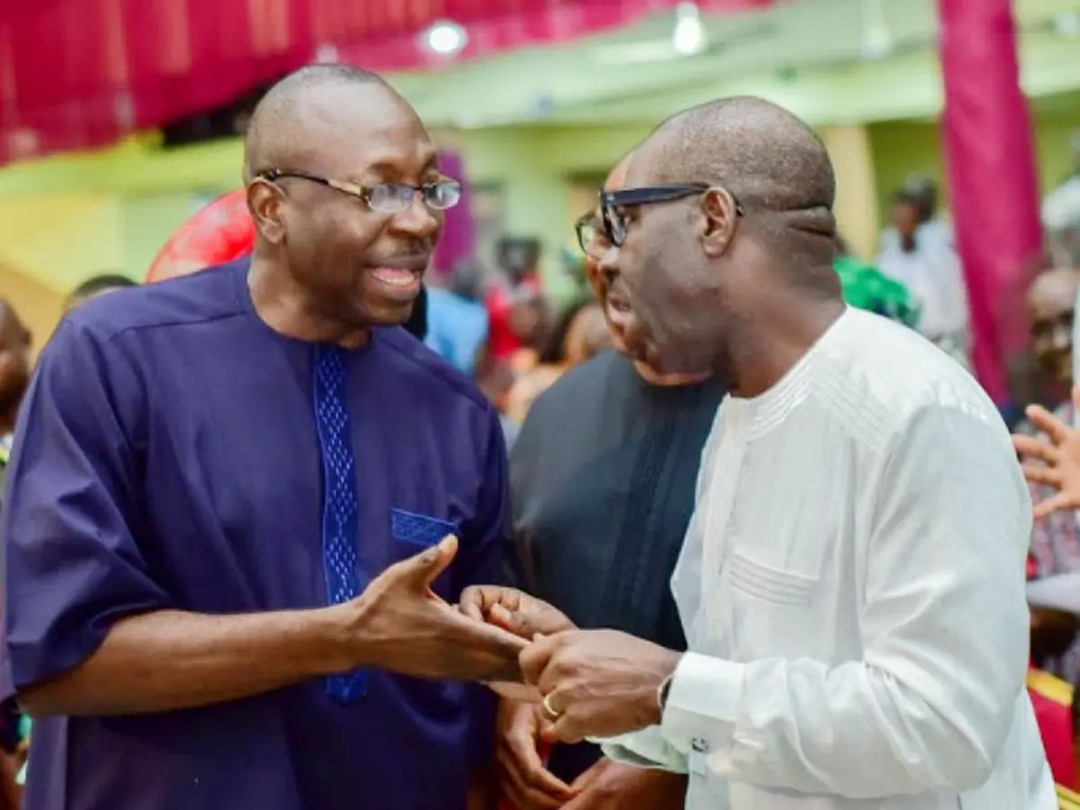According to the Manufacturers Association of Nigeria (MAN) in its 2019 financial report; “Manufacturers spent N68bn on self-generated electricity (power), accounting for 38% of their production cost”. Now this was the case for 2019, before the recent hikes in fuel price, the hike in electricity tariff, and increase in Value Added Tax (VAT) and sundry taxes of 2020.
So in the context of a comatose electricity sector, after the expenditure of huge public funds ($16bn under OBJ, plus the pilfering of public infrastructure in the name of privatisation under GEJ plus the more than N1.7tn in intervention funds injected into the privatised power utilities under the current PMB regime); one can only imagine what the manufacturing sector will be expending on self-generated electricity, and public electricity (whenever it is available) in 2020; and what percentage of production cost, this will amount to in 2020.
We can say without any fear or favour that the amount spent on self-generated electricity will increase significantly, while its share of production cost will be hovering around 45% in this current financial year. And what will the implications of these be on the cost of doing business? On the price of goods and services produced, and on the competitiveness of manufacturing businesses in Nigeria?
How will this impact on the ability of the businesses to retain, let alone grow jobs? And in the context of reduced purchasing power of citizens given higher cost of living in the midst of stagnant and even declining incomes, what impact will these have on the inventories of businesses? On their ability to sell the goods and services produced at higher costs? And thus on their profitability and productivity?
In other countries faced with similar context like ours, even with historic levels of economic decline, what has their responses been?
They have reduced cost of basic services, not increased them; they have suspended tax increases, and increased tax reliefs; they have used stimulus packages to make direct hardship payments to individual citizens, while also injecting funds into companies to directly fund payrolls for certain periods of time; they have also used stimulus packages to make direct funds payments to companies in at risk and impacted sectors to enable companies sustain economic activities and productivity and retain jobs.
But here what is our ruling class doing? Increasing costs and taxes across board in the name of growing revenue! Now let’s talk about revenue. Outside of the funds accruing to the consolidated revenue funds of the federation, have we ever wondered how and where the CBN gets all of its intervention funds from? For instance in response to the pandemic, the CBN has established and disbursed several intervention funds – N100bn for Health and pharmaceutical sector; N50bn for households and MSMEs; another N75bn for MSME survival; N632bn for the agriculture sector in total; N10bn for transport sector; N67bn for health sector research; N52bn for the 774000 short-term public works job; N152bn disbursed for manufacturing sector; N75bn Youth intervention fund; among several others.
The question to ask is where is all the funds coming from? And where have they gone to? The CBN claims it has disbursed over N352bn between May and August 2020, the question is where is this fund? Is it possible to have injected close to N400bn in extra budgetary spending into the economy over just three months, in addition to capital budget releases over the period, and still have the rate of job losses, business closures, and high cost of living that we currently have?
Add to these the fact that we know from the NASS and auditor general of the federation’s reports that more than half of revenue generating agencies including the NNPC, CBN, etc do not make statutory remittances of generated income and revenue into the federation account. We also know from the evidence revealed in public probes that huge sums of money running into hundreds of billions are routinely looted through agencies like the NDDC, NEDC, PPPRA, etc among others.
So, obviously the revenue profile of the country, and the revenue statutorily accrueable to the federation is immensely more than what is officially recorded, and what is officially available for disbursement. The implication of these is that the ruling class in and out of government is routinely looting the public treasury, with impunity, and literally at gun point.
This is why the Nigerian state is a Bandit State, and the Nigerian Ruling Class is a band of thieves. This is why we must resist their lies about shortfall in revenue, and why we must resist their attempts to make us pay for their profligate and ruinous pilfering of our collective wealth. Now is the time to #resisthardship.






